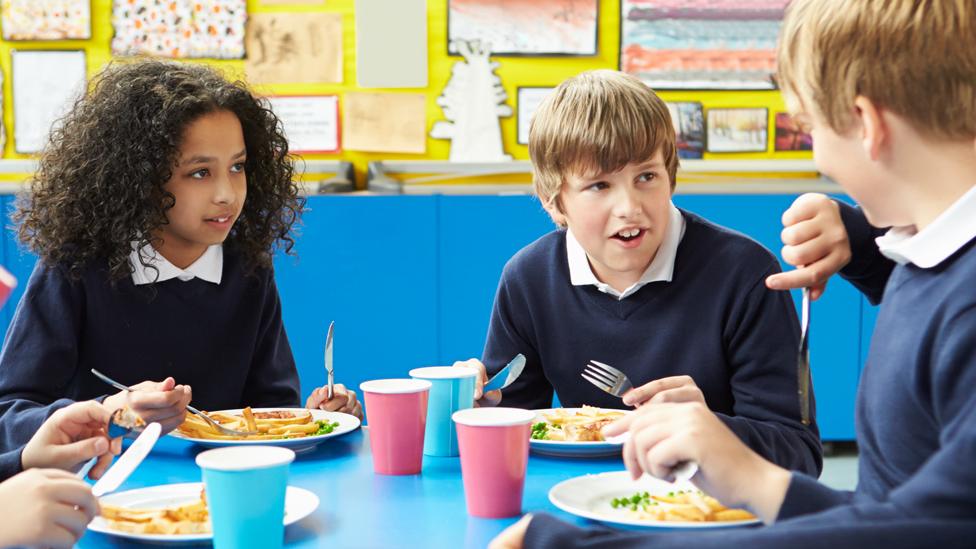Former One Direction star Zayn Malik writes to PM over free school meals
- Published
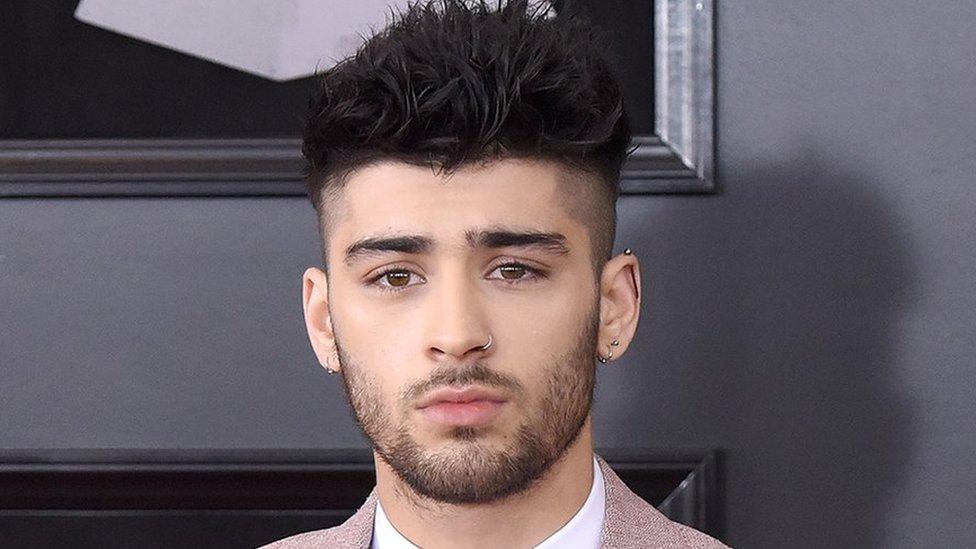
Zayn Malik has called on the prime minister to "give all children living in poverty" a free school meal.
In a letter to Rishi Sunak, the ex-One Direction star says he relied on free school lunches as a child in Bradford.
He writes that children are stealing food from canteens "because they are so hungry but can't afford to buy lunch".
He is backing a Food Foundation campaign calling for all children in households on Universal Credit to be eligible for free school meals.
The charity estimates 800,000 children in England live in poverty but do not qualify for free school meals.
Although Malik, now known simply as Zayn, is not an ambassador for the charity, he said he felt compelled to write to the prime minister and to share his own experiences.
He wrote: "These children are suffering from lack of concentration, some even resorting to stealing food from school canteens because they are so hungry but can't afford to buy lunch.
"They are also feeling shame which is directly impacting their physical and mental health.
"I know what that shame feels like, I have seen it first-hand, as growing up in Bradford, I relied on free school meals."
He is the latest famous name to support wider access to free school meals, joining England football star Marcus Rashford and celebrity chef Jamie Oliver.
Oliver has previously said he believed investing in free school meals for children would help the economy.
He said: "The reality is, if you speak to the best minds in economics, in the country, in the world, they will tell you that if you output healthier kids, you're going to have a more productive, more profitable country."
Teaching organisations claiming to represent a million teaching staff, governors and school trustees across the UK have also backed the campaign.
They warned not expanding eligibility to all Universal Credit households "would undermine all the great efforts of the education workforce to tackle inequalities".
Zayn hopes his letter convinces the government to include a free school meal for all children living in poverty as part of the Autumn statement on 17 November.
The government has previously said it has already expanded access to free school meals more than any other in recent decades.
It has warned that the Feed the Future campaign has under-estimated the cost of expanding the scheme.
The government has said that, during term time, the government "provides more than 1.9 million free school meals, providing pupils from the lowest-income families with a free, nutritious lunchtime meal".
A spokesperson for the Department for Education added that £24m is also being invested in the National Schools Breakfast Programme, which provides free breakfasts to children in schools in disadvantaged areas.

Who is eligible for free school meals in England?
About 1.9 million children in England are eligible for free school meals, the government says, 22.5% of all pupils.
All infant-school pupils are eligible but children in Year 3 and above must live in a household receiving income-related benefits, with an annual income - after tax and not including welfare payments - no higher than £7,400.
About 40% of people who claim universal credit already have jobs and may earn above this threshold.
In Northern Ireland, the threshold is £14,000.
Scotland and Wales have recently committed to offering free school meals to all primary pupils.

Are you affected by issues covered in this story? Email: haveyoursay@bbc.co.uk, external.
Please include a contact number if you are willing to speak to a BBC journalist. You can also get in touch in the following ways:
WhatsApp: +44 7756 165803, external
Tweet: @BBC_HaveYourSay, external
Or fill out the form below
Please read our terms & conditions and privacy policy
If you are reading this page and can't see the form you can email us at HaveYourSay@bbc.co.uk, external. Please include your name, age and location with any submission.
Related topics
- Published20 October 2022
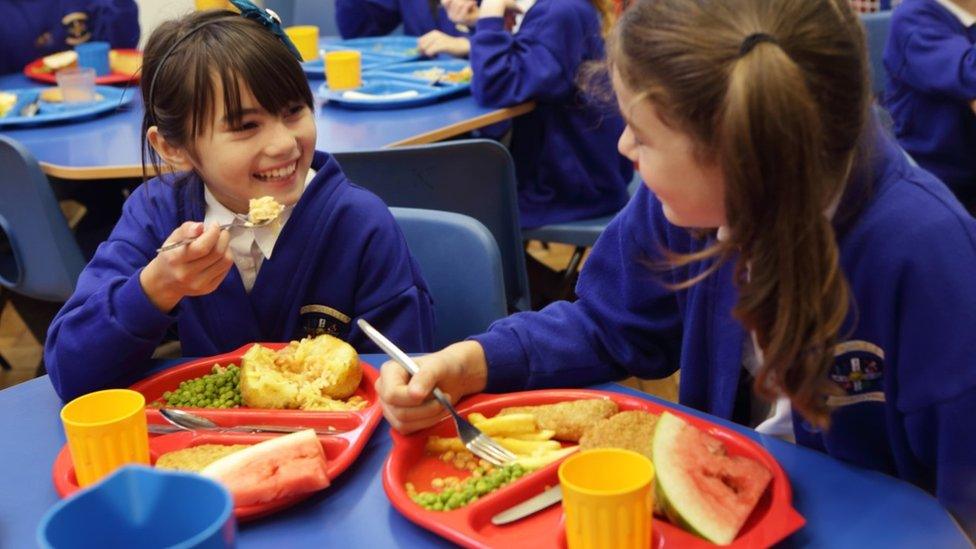
- Published11 October 2022
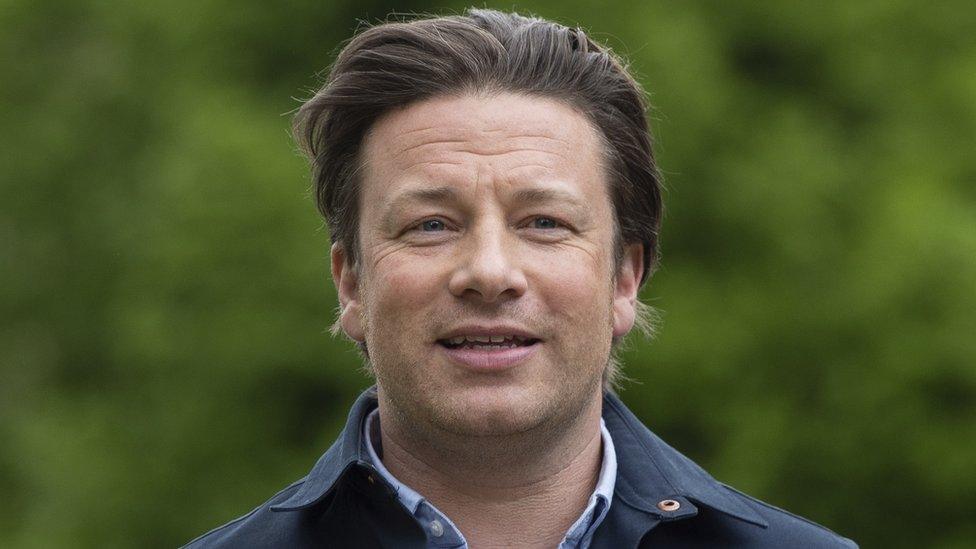
- Published11 October 2022
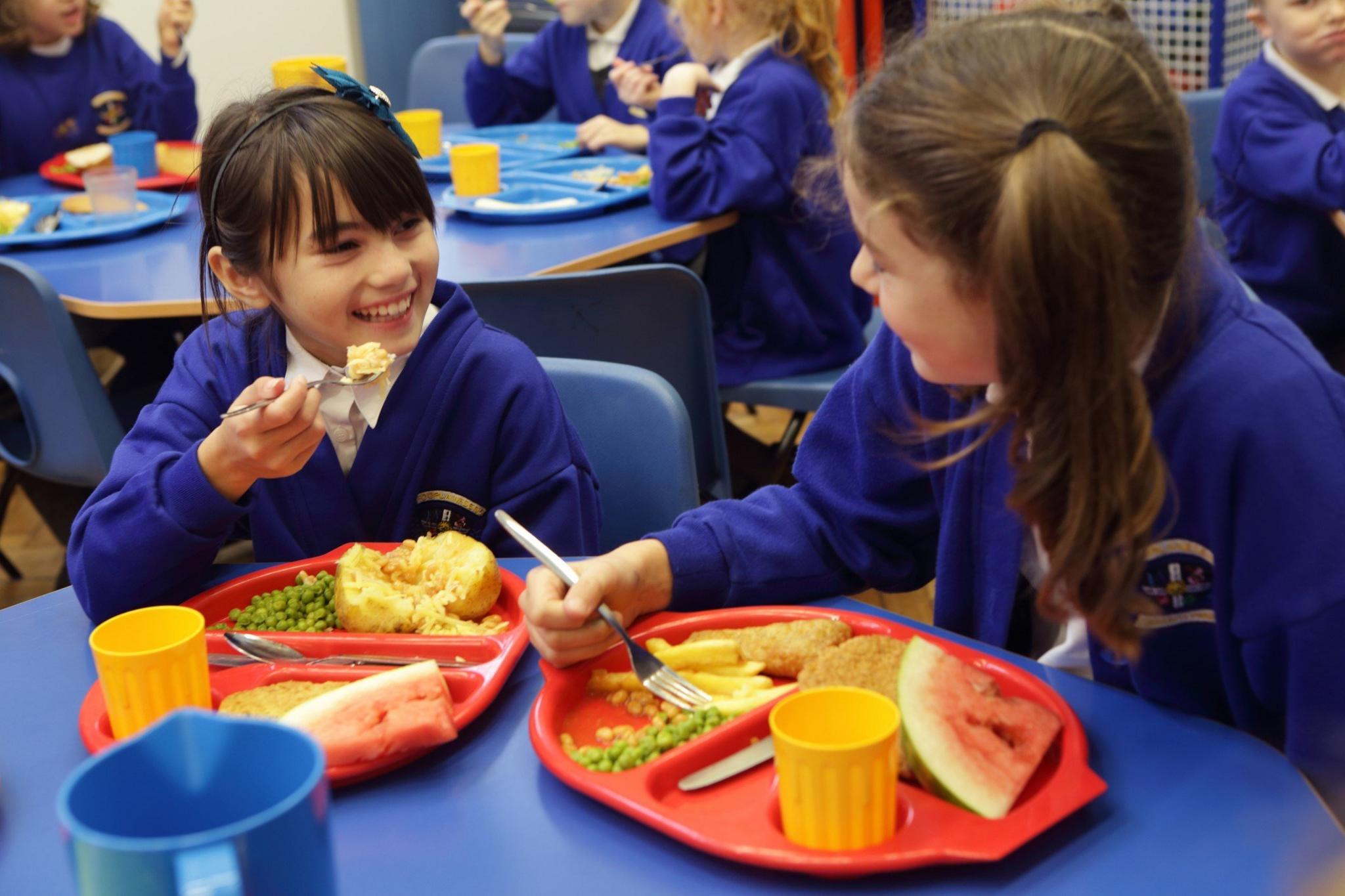
- Published9 June 2022
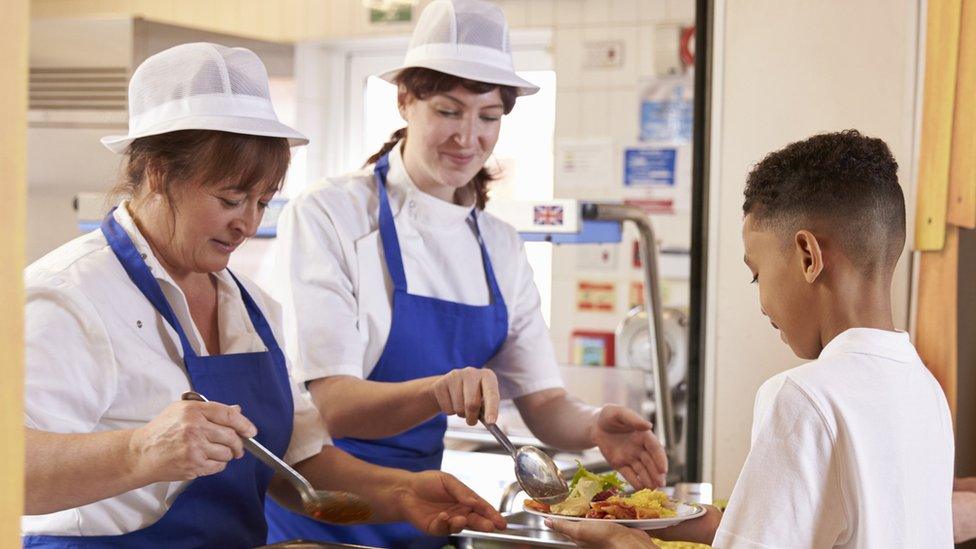
- Published31 May 2022
